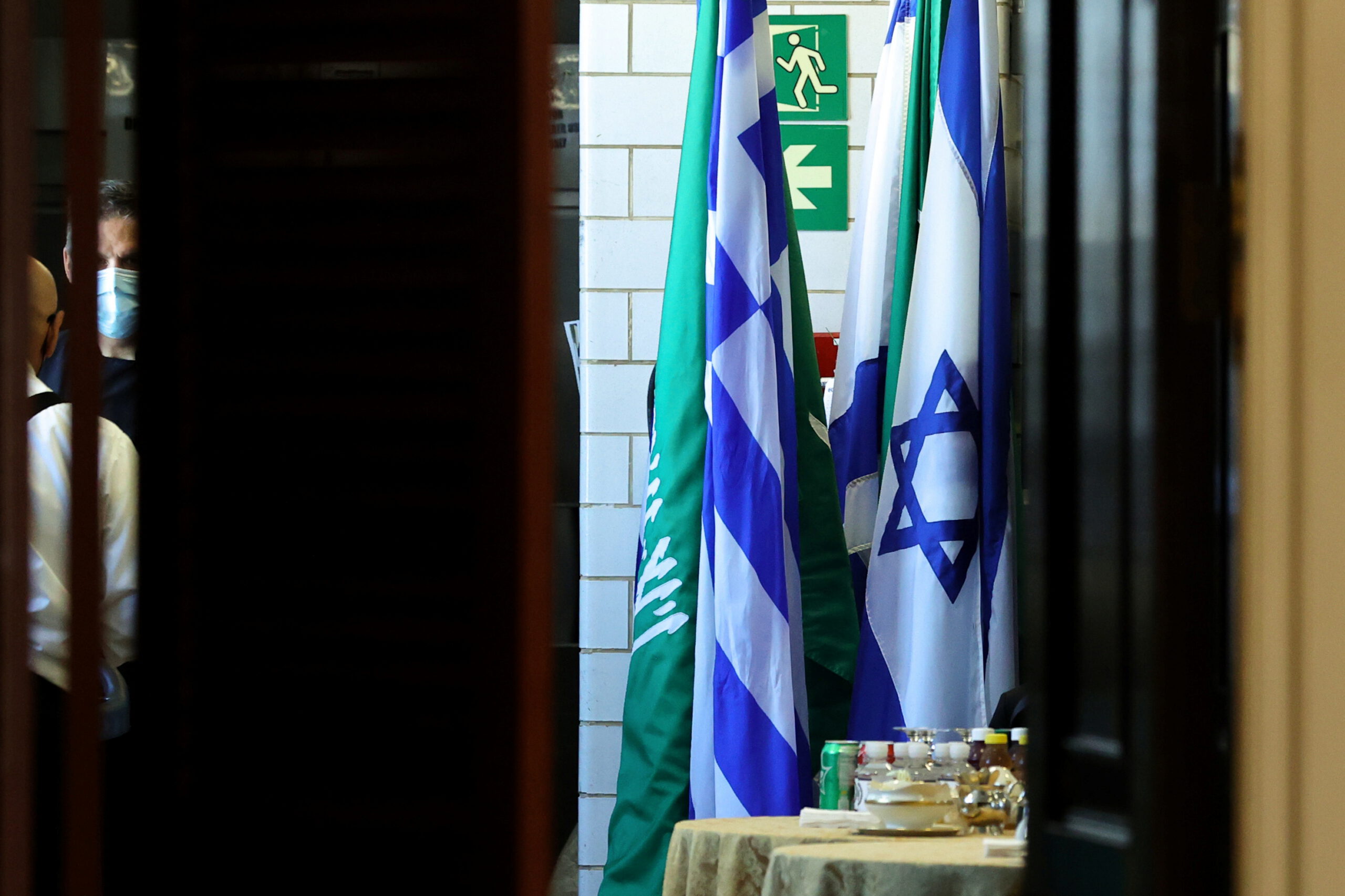Is Saudi-Israeli Normalization Worth It?
This piece was co-written by Aaron David-Miller.
The U.S.-Saudi relationship is too big to fail. That’s clearly the Biden administration’s mindset as Secretary of State Antony Blinken heads to the Saudi capital, Riyadh, this week, following National Security Adviser Jake Sullivan’s visit to the country last month, to woo a problematic partner. The latest twist in this complex relationship is a U.S. push to test the waters for an Israeli-Saudi normalization agreement.
It’s an ambitious goal involving a triangular puzzle that needs to be solved. And among the most problematic of all the elements from a U.S. perspective is Saudi Crown Prince Mohammed bin Salman’s reported demand for a formal U.S. guarantee of Saudi Arabia’s security and for U.S. assistance to create a Saudi civilian nuclear infrastructure, including the right for Riyadh to manage its own fuel cycle free from U.S. or international controls.
Full normalization between Israel and Saudi Arabia would be a dramatic accomplishment, but not nearly as transformational as many may think. And Washington should be extremely careful about what kind of assurances and other enticements it provides to a repressive would-be Saudi king who’s recent outreach to China and Russia suggests he’s obviously not in thrall to the Biden administration.
These days, Saudi Arabia seems to be everywhere. The Biden administration has evidently taken note by warming ties and suppressing—at least publicly—any qualms it had about the Saudi crown prince’s abysmal human rights record. Whatever U.S. President Joe Biden’s personal views of Mohammed bin Salman are, he’s keeping his thoughts to himself. Long gone are the days when he vowed to make Saudi Arabia a pariah nation and to impose “consequences.”
Read the full piece in Foreign Policy.

